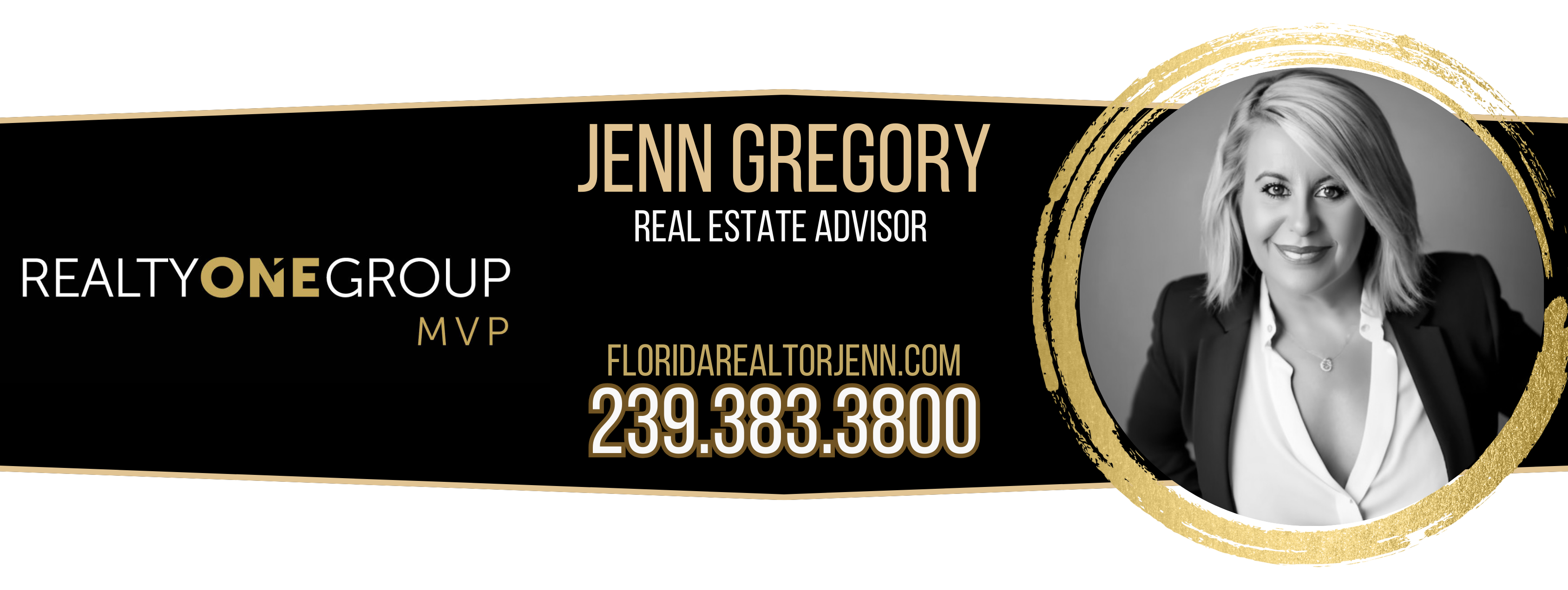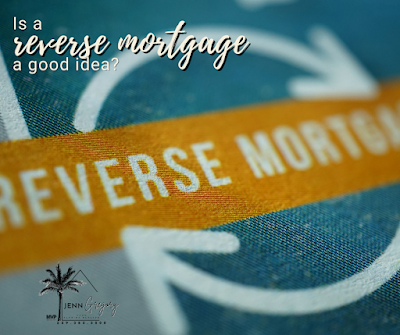A reverse mortgage can be a good option for some older homeowners, but it's not the right choice for everyone. Here are some pros and cons to consider:
Pros:
Access to cash: A reverse mortgage allows homeowners to tap into their home equity and receive payments in cash, which can be useful for covering living expenses or unexpected expenses.
No monthly mortgage payments: With a reverse mortgage, borrowers are not required to make monthly mortgage payments as long as they continue to live in the home.
Flexibility: Borrowers can choose to receive payments in a lump sum, monthly payments, or a line of credit.
Cons:
High fees and interest rates: Reverse mortgages typically have higher fees and interest rates than traditional mortgages, which can eat into the equity of the home over time.
Risk of foreclosure: If the borrower is unable to keep up with property taxes, insurance, and other expenses, they may be at risk of foreclosure.
Reduced inheritance: A reverse mortgage can reduce the amount of inheritance that the borrower's heirs will receive, as the loan must be repaid when the borrower dies or sells the home.
It's important to carefully consider the pros and cons and consult with a financial advisor or reverse mortgage counselor before making a decision. A reverse mortgage can be a good option for some older homeowners who need access to cash, but it's not a decision to be taken lightly.





No comments:
Post a Comment